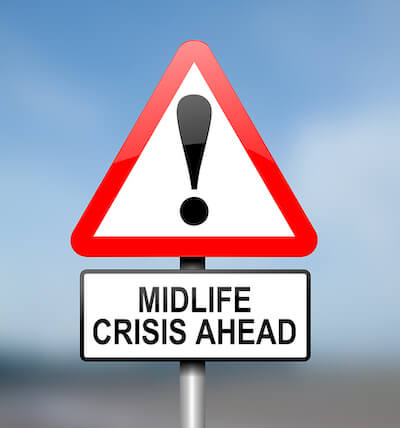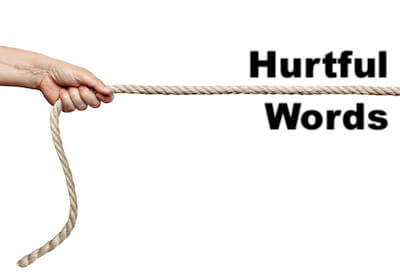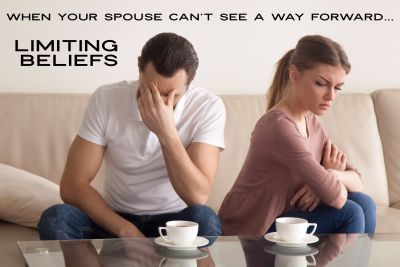Why “Limbo” is a Lie
https://savethemarriage.com/stmblog/wp-content/themes/corpus/images/empty/thumbnail.jpg 150 150 Lee H. Baucom, Ph.D. Lee H. Baucom, Ph.D. https://secure.gravatar.com/avatar/669b7e375d93f77521ddaba08adb8063?s=96&d=blank&r=pg Do you feel like you are stuck in limbo? That crazy spot where you can’t move forward, but aren’t ending things? Is it a spouse who has you stuck there?
Do you feel like you are stuck in limbo? That crazy spot where you can’t move forward, but aren’t ending things? Is it a spouse who has you stuck there?
Well, that was the situation for “J.” He wrote me because his spouse could not decide on whether to stay or go, work on things or walk away.
He told me he was stuck in Limbo, didn’t know what to do, and didn’t know how to get his spouse to work on the relationship.
What should he do??
I respond to J’s question in this episode of the Save The Marriage Podcast. And it may just be where you find yourself, too. Not able to move forward, but not ready to walk away.
How do you deal with “Limbo”? We discuss it. Listen below.
RELATED RESOURCES:
3 C’s of Saving Your Marriage
3 A’s in Your Control
3 Levels of Connection
Save The Marriage System
Podcast: Play in new window | Download
Subscribe: RSS








